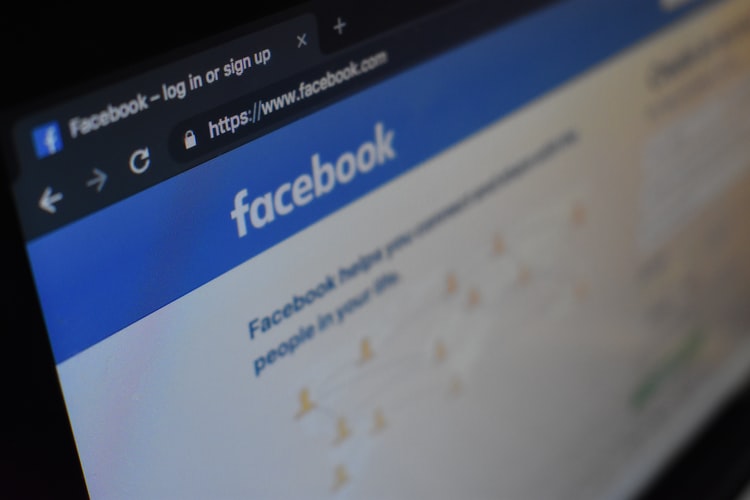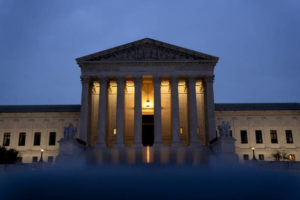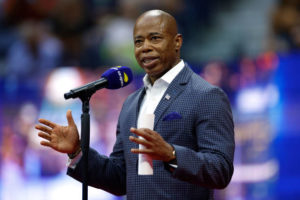
Image Credit: Kon Karampelas/Unsplash
Afia Sengupta, contributing
Oakland, CA – QAnon supporters and political campaigners now have a new enemy: Facebook. The company announced its plan in October to ban pages, groups, and Instagram accounts for “representing QAnon.” Additionally, Facebook will stop running all political ads until after the presidential election.
QAnon Controversy
QAnon, considered a cult, is a far-right conspiracy theory that gained popularity in the U.S. after President Donald Trump’s election. Allegedly, a high-ranking, anonymous government official called “Q” is providing top-secret intelligence via internet posts. These posts detail claims that Trump is under assault by cannibalistic, pedophilic, and Satan-worshiping elites, known as the “Deep State.”
According to QAnon, the “Deep State” intends to run a child trafficking organization that Trump, in a warrior-like way, has chosen to destroy. Politicians and celebrities such as former President Obama, Marjorie Taylor Greene, Tom Hanks, and Oprah, have been accused of being at the helm of this group. Without denying the rumors, Trump has offered public nods to the QAnon group, allowing its legitimacy and political sway to run rampant.
QAnon followers are not dwindling either. Facebook acknowledged that over three million QAnon followers are spanning a plethora of social media platforms. QAnon membership has skyrocketed during the pandemic, jumping from approximately 50,000 members to over 300,000.
Facebook is implementing new guidelines to combat links to the conspiracy. However, a true purge of the group’s presence on their platform will take time and is expected to continue over the next few days. Facebook has removed nearly 800 QAnon groups. The social media platform wants to restrict another 1950 QAnon groups covering 440 additional pages on Facebook, and more than 10,000 QAnon accounts on Instagram.
Facebook clarified that the mere comments of QAnon groups are not likely to result in suspension on its platform or on Instagram, which is also owned by Facebook. Instead, the company will be taking into account a variety of QAnon-based social media contributions, such as direct affiliation with QAnon pages, groups, chats, etc. Additionally, the personal accounts of administrators managing the QAnon groups or pages could be disabled, suspended, or revoked. Meanwhile, on Wednesday Facebook announced a ban on all political ads.
Controversy over Political Ads
According to Facebook, the ban on political ads until after presidential elections will reduce abuse. This comes despite the original statement by Facebook in September indicating that no further policy changes regarding elections will be made.
Facebook confirmed to the Current Affairs Times that this ban is temporary and expected to last for about one week unless circumstances change. Facebook believes that ads delegitimize election results.
Advertisements run throughout the year and Facebook has not submitted evidence on how restrictions a few weeks before elections legitimize results. Facebook has, in the past, been accused of allowing politicians to include misinformation in their ads. Trump has often used social media to make false claims about voting by mail.
Facebook will not allow either candidate to declare victory prior to an official ballot count.
As a corrective measure this year, Facebook announced that calls for people to engage in poll-watching will be removed if they include military language or display intimidating power over election officers and voters.
The question is what factors determine the criteria for such restrictions?
Image Credit: Kon Karampelas/Unsplash
Sources:
- “Facebook says it will ban groups that openly support QAnon”
- “What is QAnon, the conspiracy theory spreading throughout the US”
- “QAnon Goes to Washington”
- “Facebook Removes 790 QAnon Groups to Fight Conspiracy Theory”
- Facebook Media Hotline
- Facebook Press Release on Banning Political Ads




